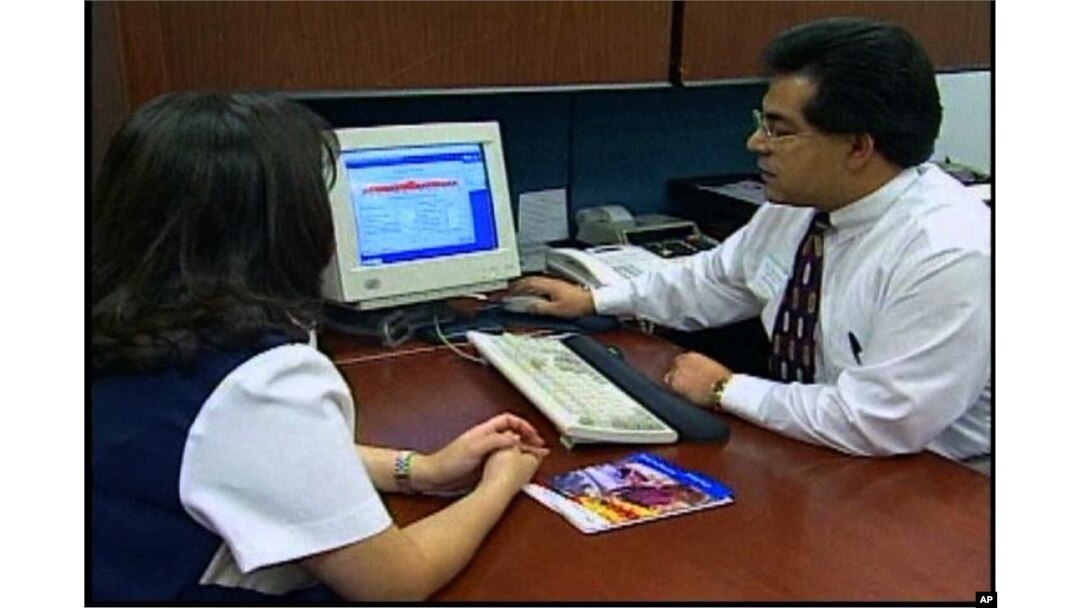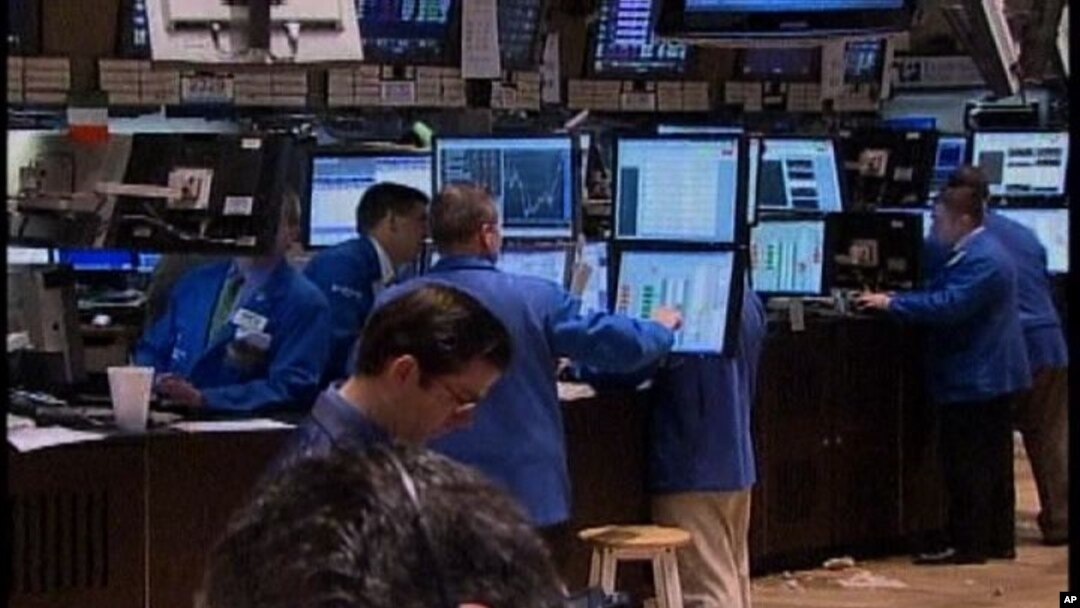This isn't the first financial reform plan to come out of Congress. But the chairman of the Senate Banking Committee, Connecticut Democrat Chris Dodd, has unveiled a new plan to overhaul America's financial system. The goal, he says, is to end business as usual.
"It will create a system where honest citizens large and small can thrive on a level playing field," says the soon-to-retire Democrat. "Where middle class families can find work and invest with confidence."
Sen. Dodd says the legislation contains bipartisan ideas, and represents the most sweeping reform plan since the 1930s. The draft calls for an independent consumer financial protection bureau, one that would protect borrowers from predatory lenders. There is a proposed Stability Oversight Council that would give regulators the ability to police the financial system. And big institutions would be required to fund a type of holding bank with $50 billion that would be used to fund a future Wall Street rescue, should one be necessary.
That last part raises serious questions for Christie Sciacca, a financial consultant for LECG.
"Are you saying you won't allow them to fail," she asks, "that you'll use that money to support those banks and you won't allow them to be liquidated or you won't allow them to be 'unwound,' and therefore creditors will be protected?"

Ending Business As Usual
Of additional concern, banks would be prohibited from running their own investment portfolios or hedge funds. And credit agencies would be held accountable and possibly liable for the ratings they give to bonds and investment agencies, the very agencies that pay them to do so.
"The concern right now is that in order to get a rating, I pay the rating agency," says Sciacca. "I think what people are hoping for and looking for is more independence. That if I pay you for the rating, has the rating agency been co-opted as part of that process?"
Measures like these could mean higher bank fees and tighter credit for consumers if the bill becomes law. But Doug Elliott of the Brookings Institution says something has to be done to improve the way the financial sector operates.
"It ws so expensive to clean up after this crisis. We need more safety, even it it makes loans a little more expensive."
Ending Business As Usual
For his part, the bill's primary author, Sen. Chris Dodd, characterizes it this way: "This legislation will not stop the next crises from coming. No legislation can of course, but by creating a 21st century regulatory structure for our 21st century economy, we can equip coming generations with the tools to deal with that crisis and to avoid the kind of suffering we have seen this country over the past number of years."
At Boston University's School of Law, Professor Cornelius Hurley says the proposed legislation still leaves plenty of loopholes for the financial world to manipulate.
"The investment bankers and the financial engineers still have the ability to go out and create products that nobody understands, sometimes including themselves," says Hurley. "The credit rating agencies still have the same business model going forward, and yes there are some quality control measures, but the essential conflicts of interest are still there."
One other factor: the very financial industries U.S. lawmakers are trying to regulate donated $476 million to political campaigns in election year 2008. So far this year alone, they have contributed more than $100 million.
You can watch all Philip Alexiou's "Money in Motion" video reports here.


